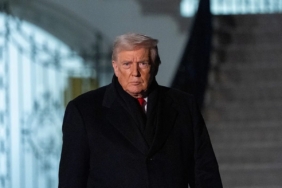ETH Surge Sparks Debate: Bull Trap or Bear Trap?
Ethereum (ETH) has seen a strong 9.19% rise over the past seven days, staying firmly above the $4,000 level. This price stability has boosted investor confidence, with many eyeing a potential move toward the $5,000 mark. However, not everyone is convinced the rally will hold.
Analyst Flags “Dead Cat Bounce” Risk
Crypto trader MikybullCrypto, writing on X (formerly Twitter), warned that Ethereum’s recent rally might be a classic dead cat bounce — a temporary recovery that misleads investors before the price resumes its downward trend.
“Buying now could trap bulls and result in losses,” the analyst noted, referencing ETH’s overall descending trend since July 2025, when it was trading near $3,500.
At the time of writing, Ethereum is trading at $4,389.30, up 5.42% in 24 hours. Earlier, the asset touched a local high of $4,423.12 before slight market corrections. Trading volume has surged by over 40% in the last 24 hours, reaching $51.34 billion, reflecting growing activity.
Whale Behavior Sends Mixed Signals
On-chain activity suggests diverging views among large holders. Following ETH’s dip below $4,000, whales accumulated over 431,000 ETH (worth $1.73B), moving funds from exchanges to wallets — typically a bullish signal.
However, just two days ago, 198,289 ETH (~$852M) was moved from an anonymous wallet to a futures exchange, raising speculation that selling pressure could return.


































Comments are closed.